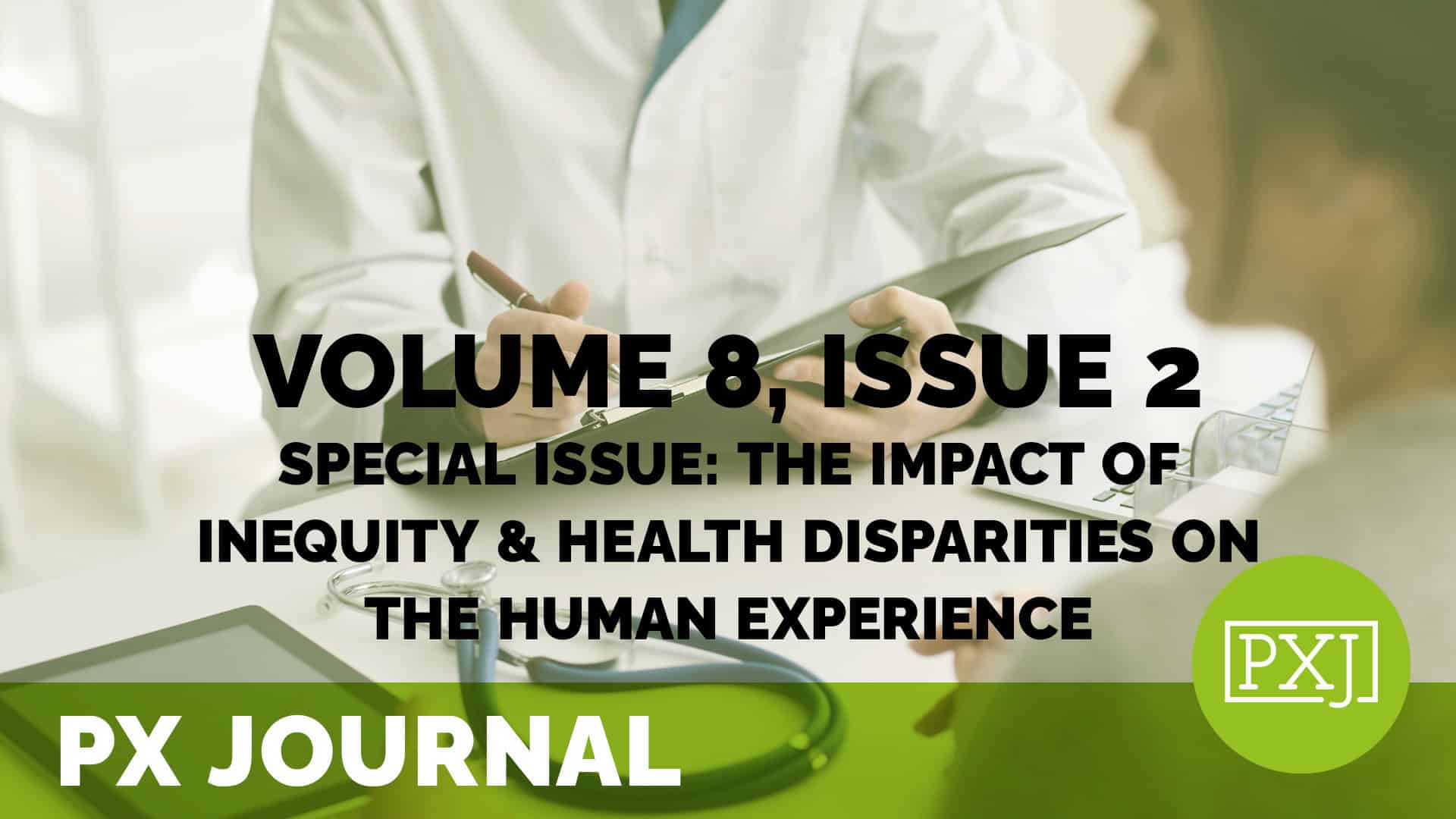Sociodemographic characteristics and patient and family experience survey response biases

Enhancing Patient and Family Experience (PFE) is vital to the delivery of quality healthcare services. Sociodemographic differences affect health outcomes and experiences, but research is limited on biases in PFE survey methodology. We sought to assess survey participation rates across sociodemographic characteristics. This retrospective study analyzed a health system’s ambulatory PFE survey data, collected January 1 – July 31, 2019. Outcomes of interest were rates of survey response, completion, and comments. Predictors included respondent-reported race, ethnicity, language, and measure of social deprivation attached to a respondent’s home address. Addresses were geocoded to census tracts. The tract’s degree of socioeconomic deprivation was defined using the Deprivation Index (DPI). Associations between outcomes and predictors were assessed using the Chi square test. 77,627 unique patient encounters were analyzed. Patients were predominantly White (76%); 5% were Hispanic; and 1% were Spanish-speaking. The overall response, completion, and comment rates were 20.1%, 17.6%, and 4.1%, respectively. There were significant differences across assessed sociodemographic characteristics in response, completion, and comment rates. White patients were most likely to respond, complete, and leave a comment. Spanish-speaking respondents and those living in the most deprived areas were more likely to respond and complete the survey, but less likely to comment than English-speaking respondents and those living in less deprived areas, respectively. PFE survey participation differs across a range of sociodemographic characteristics, potentially introducing noteworthy biases. Health systems should minimize differences in how they collect feedback and account for potential biases when responding to experience data.
Related content
-
 Policy & Measurement
Policy & MeasurementCo-developing a Paediatric Patient Reported Experience Measure: The Perspectives of Children and Young People
Paediatric Patient Reported Experience Measures (PREMs) are tools that capture what children and young people (CYP) value in their healthcare and promote their involvement in clinical decision-making. A standardised paediatric PREM could improve quality of care for CYP across hospital settings, but CYP are rarely included in the development of PREMs. This study aimed to
Learn more -
 Policy & Measurement
Policy & MeasurementPolicy & Measurement: The Impact of Patient & Family Involvement
By Rosie Bartel This is the sixth blog in a series of eight by The Beryl Institute’s Global Patient & Family Advisory Board (GPFAB). The intent of this series is to present our perspective on patients’ and families’ lived experience through each of the strategic lenses of The Beryl Institute’s Experience Framework. The Experience Framework
Learn more -
 Policy & Measurement
Policy & MeasurementEnhancing Post-Visit Communication: A Quality Improvement Initiative
With grant funding from The Beryl Institute, Briargate Outpatient Specialty Care Clinic at Children’s Hospital Colorado launched a quality improvement project to tackle the decline in patient and family experience scores concerning post-visit communication. By implementing targeted interventions, the clinic increased the percentage of families who felt well-informed about handling questions after visits from 72%
Learn more
